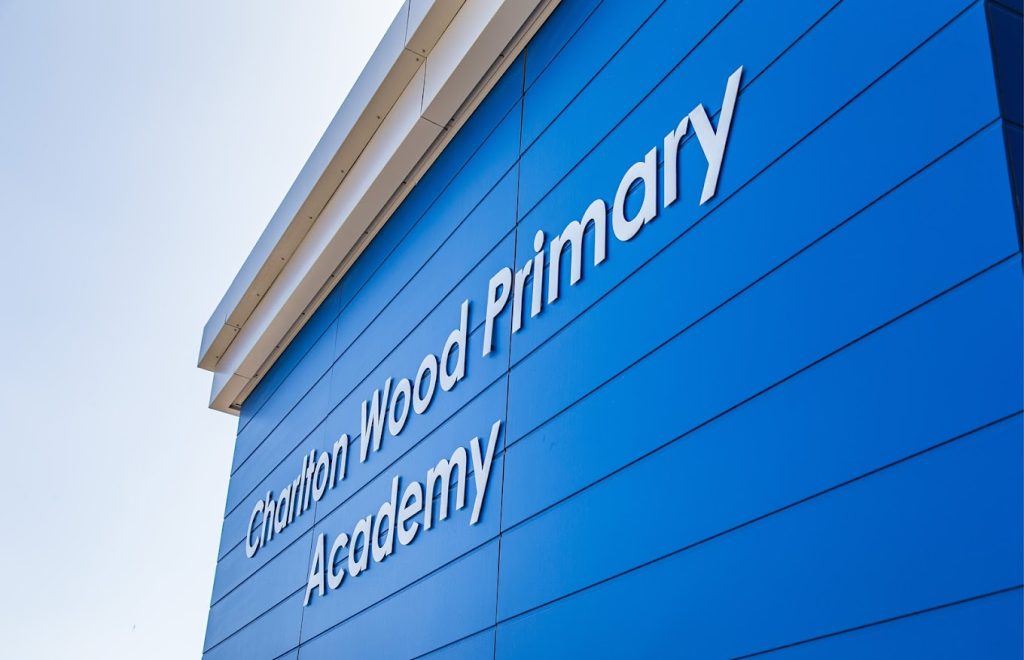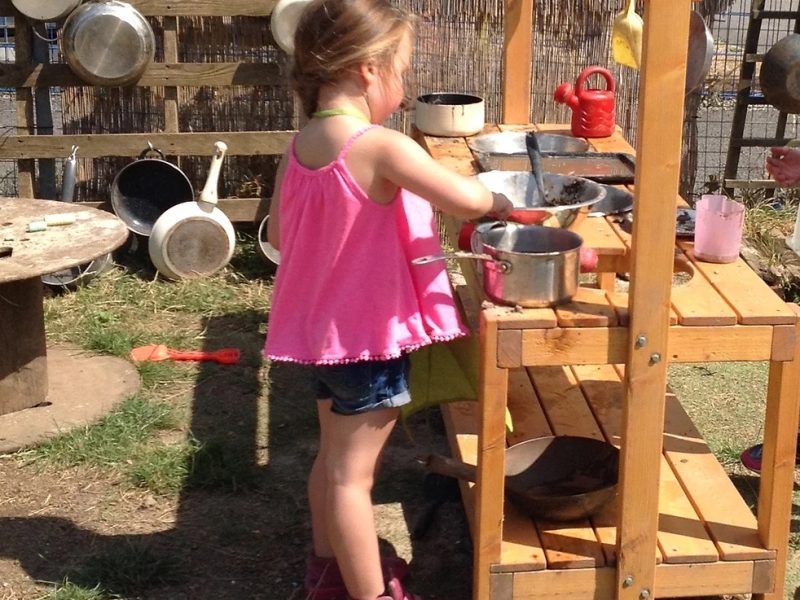Based at The Hut, Ratcliffe Drive, Stoke Gifford, Play House Childcare has received an Ofsted report stating that it ‘requires improvement’ in every area.
The assessor noted that children are happy during their time at the pre-school. Parents drop off and collect their children at the door, where they have time to speak to staff and share information. Parents report that they are happy with the care and education their children receive at the pre-school. The manager has a clear idea of what the curriculum should entail for children, with a focus on developing children’s communication and language skills, their emotional well-being and managing their own personal care needs.
However, this is not fully demonstrated in practice among all staff. As a result, staff do not tailor the activities and their support to consistently focus on children’s next steps so that they can make rapid progress. At times, children become bored and frustrated, and their behaviour becomes unacceptable. This impacts on other children’s learning.
Children make choices about what they want to play with. They confidently explore the pre-school environment both indoors and out. However, transitional times between activities and play opportunities are not always organised to ensure that all children have the best learning experience. As a result, some children are left waiting for long periods of time before they can join in, and others are unable to engage fully in learning opportunities.
The Ofsted report noted that staff do not consistently deliver a curriculum that meets the individual needs of all children. They do not differentiate planned activities to include the intended learning for children at different developmental stages. For example, a doughmaking activity was aimed at children mixing, measuring and making their own dough. Some children do not receive the support they need to have a go and achieve, while others do not receive enough challenges to build on what they already know and can do. Children disengage quickly from the activity.
Strategies for managing behaviour are not implemented consistently by all staff and some children do not learn to manage their own feelings or understand why their behaviour is unacceptable.
On occasion, this means that staff spend
a disproportionate amount of time managing children’s behaviour. At these times, staff leave quieter children to play, without supporting them to make progress in their individual learning journeys.
To meet the requirements of the early years foundation stage, Play House Childcare must: design and implement an ambitious curriculum that consolidates and deepens children’s knowledge and takes account of the varying needs of the children who attend; implement targeted professional development for all staff to support them in their teaching and provide children with consistently good learning experiences; and improve staff’s practice to help children to begin to manage their own feelings and emotions in order to guide them to become competent, successful learners.
St Mary’s Bradley Stoke Out of School Club
The Out of School Club is linked to St Mary’s Catholic Primary School, St Joseph’s Centre, Webbs Wood Road, Bradley Stoke, and received an overall Ofsted rating of ‘outstanding’.

The inspector’s report stated that St Mary’s Bradley Stoke Out of School Club meets requirements Children happily greet staff at their classroom door. They are eager to share what they have done during the day as they walk through the school. Once they have reached their playroom, they settle to play, choosing what to do from a wide range of activities on offer.
Staff promote children’s independence as they play and engage them in meaningful conversation. Children have good opportunities to be active. They engage in a variety of physical activities on the school playground. For example, using scooters and playing hide and seek.
Children demonstrate a secure understanding of how to keep themselves safe. They know that to ride on wheeled vehicles they must wear appropriate safety headgear.
Older children are good role models to the youngest children. Children are kind and courteous to each other, remembering to say ‘please’ and ‘thank you’ as they share resources. They interact happily with one another and behave well.
Children speak very highly of the staff and setting. For example, they state that staff are very kind to them. They explain how staff are attentive to their needs, with one child saying: “They would notice if I was sad and give me ideas on how to feel better.”
It was noted that leaders make thorough evaluations of the service the club provides. They effectively use feedback from children, parents, and staff to make changes which benefit children. Consequently, children thoroughly enjoy their time at the club.
In addition, staff have high expectations for children’s behaviour. The manager and staff are good role models for children.
Staff encourage children to find solutions to minor conflicts by considering another’s point of view. They do this through sensitive, effective conversation.
Children enjoy being creative as they build complex models out of small bricks. Staff motivate children further to inspire their imaginative play. They set challenges that support children to extend their own learning. For example, staff encourage a child to think about what he needs to do next with his model: “I am creating an aeroplane, the wings have to be equal, otherwise it will crash.”
Charlton Wood Primary Academy
Charlton Wood Primary Academy has achieved an overall ‘good’ rating in its first Ofsted inspection.

In addition, the school, which opened in 2019, was branded ‘outstanding’ in the areas of ‘behaviour and attitudes’ and ‘early years provision’.
The inspector’s report said Charlton Wood is a successful school where pupils thrive. All adults share high aspirations for pupils and pupils work hard to meet these.
Parents’ views of the school are overwhelmingly positive. They typically comment on the caring staff and dedicated support for pupils with special educational needs and/or disabilities (SEND).
Pupils’ behaviour was described as exemplary. Children move around the school with a quiet focus. Classrooms, corridors and social times are orderly and calm. From the beginning of the Reception Year onwards, pupils are kind and respectful to one another. They diligently follow the school’s routines. Pupils show highly positive attitudes to learning. They feel safe at school.
Pupils enjoy a range of clubs, including dance, cookery and a range of sports. This helps them to develop their talents and interests.
In terms of what the school does well, it was noted that the school’s curriculum is broad, rich, ambitious and well planned. It sets out the knowledge pupils are expected to learn in a range of subjects. Reading is a priority in this school. The sharp focus on pupils’ communication and language skills weaves throughout the curriculum.
In terms of what Charlton Wood Academy could do to improve, it was suggested that in some foundation subjects, the school does not set out how pupils’ learning will be assessed. As a result, pupils’ errors and misconceptions are sometimes missed. The school and trust should clarify the use of assessment in these subjects and use the information to check the impact the curriculum has on pupils’ learning.


